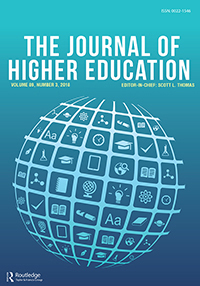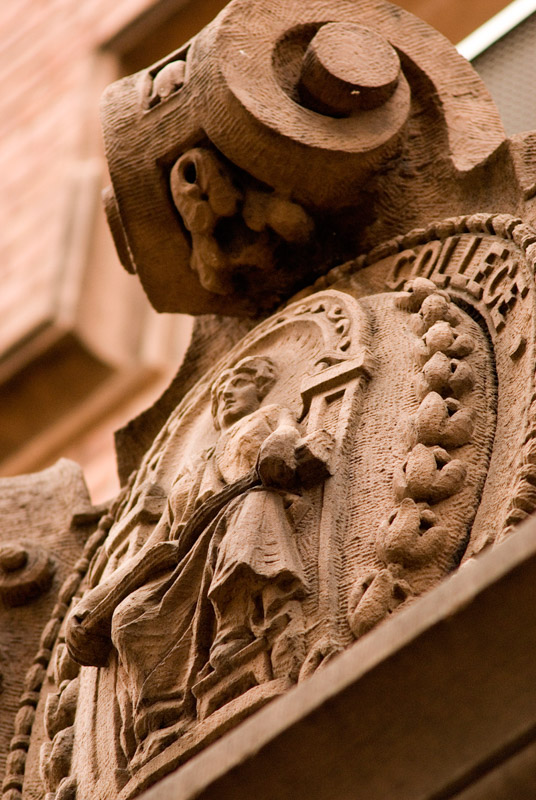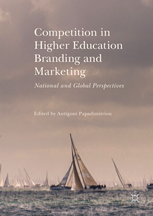Philanthropic Mirroring & the National Alumni Giving Experiment (NAGE)
As the Tzedakah Lab continued to explore different social identities in its work, we formulated questions that went beyond general motivations to give. We became interested in how identity might affect giving when presented with a specific solicitation request. Social Identity Theory postulates that identities are formed based on how one perceives themselves in relation to others. We believe that philanthropic giving that supports those like ourselves is a potential consequence of developing social identities. Building on prior Tzedakah Lab identity-based philanthropy scholarship, we developed a philanthropic mirroring framework that postulates that as social distance between a prospective donor’s social identities and those of a student profiled shrinks via a process we call mirroring, the prospective donor will act in ways that mirror that individual’s own identities. This will result in the donors both attaching greater importance to these solicitations and giving at a higher level than when the social distance is larger.
The resulting project was The Tzedakah Lab’s National Alumni Giving Experiment (NAGE) in 2014. Through NAGE, we were able to complicate current understanding of how social identity affects philanthropic giving. The Lab found that social identity affects donors with marginalized identities differently than those holding privileged identities. In other words, when mirroring of a marginalized identity occurred, importance and willingness to give increases. However, when a privileged identity was mirrored to donors with a privileged identity the same effect did not occur. Additionally, we found that a shared marginalized identity emerged, whereby, the effect of philanthropic mirroring existed when other people were able to empathize with the recipient based on their marginalization.
Based on our prior work, we were not surprised that the identity of both the prospective donor and recipient affected the motivations of the donor. However, at first, we were taken aback that the mirroring effect was significant for those with marginalized identities. This finding perplexed us until we placed the differing results in the context of privilege and Whiteness. We postulat that White, male, heterosexual prospective donors reading solicitations about others with similar privileged identities usually do not see themselves mirrored back to them because Whiteness is the norm. This study adds to literature that discusses how identity affects philanthropy and literature on how Whiteness shapes identity.
This experiment resulted in two book chapters and a paper in the Journal of Higher Education, historically the field of higher education’s premier journal. A manuscript looking at the role of alumni trust in alma mater was recently published at Teachers College Record. Tzedakah Lab researchers operationalize philanthropic trust as the confidence alumni have in their institution’s follow-through on their commitments to spend gifts as donors requested. Using our National Alumni Giving Experiment dataset, this manuscript contributes to the literature by exploring the correlation between alumni philanthropic trust and engagement with the institution.
The Council for Advancement and Support of Education awarded NAGE the 2016 John Grenzebach Award for Outstanding Research in Educational Advancement.


